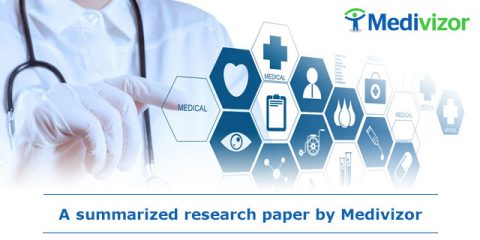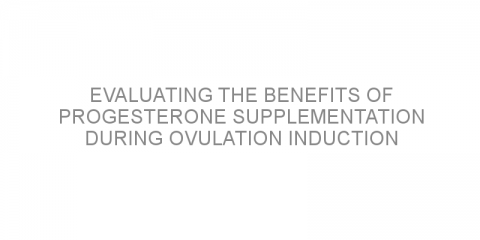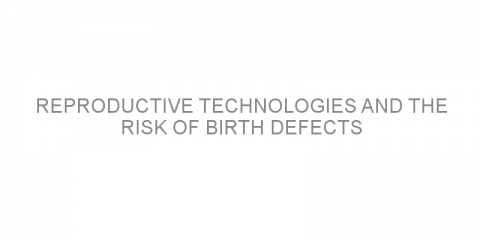In a nutshell This article reviewed currently published data concerning the efficacy and safety of the different sperm retrieval techniques for men with reduced sperm production. Some background Around 10% of infertile men suffer from non-obstructive azoospermia, which describes a condition in which very few sperm cells are produced in the...
Read MoreReason(s) for signing up-Considering reproductive technique(s) Posts on Medivizor
Can visualizing the uterus before ICSI increase success rates?
In a nutshell The current study examined whether hysteroscopy could increase the success rates of intracytoplasmic sperm injection. Some background A main cause of failure for intracytoplasmic sperm injection (ICSI; a form of in vitro fertilization in which the sperm is injected directly into the egg) is implantation failure, meaning the embryo...
Read MoreProgesterone levels at egg retrieval may predict IVF success
In a nutshell This study examined whether progesterone levels affect pregnancy rates during in vitro fertilization. Some background Hormone levels are vitally important to the proper functioning of the female reproductive cycle. Estrogen (a female hormone) rises as the time of ovulation (release of an egg from the ovary) nears. This surge in...
Read MoreWhen IVF fails: factors associated with treatment failure
In a nutshell This study examined the factors associated with the chances of in vitro fertilization failure. Some background In vitro fertilization, or IVF, is a fertility treatment in which an egg is fertilized by sperm outside of the body. While IVF is often recommended as a treatment for couples struggling with infertility, only 32%...
Read MoreBiomarkers of ovarian reserve and fertility
In a nutshell This review analyzed recent studies evaluating biomarkers of ovarian reserve as indicators of reproductive potential and fertility. Some background Ovarian reserve (referring to the pool of eggs within the ovaries) is known to be closely associated with reproductive potential. Diminishing ovarian reserve results in an insufficient...
Read MoreEvaluating the benefits of progesterone supplementation during ovulation induction
In a nutshell This review explored the use and benefits of progesterone supplementation in women undergoing ovulation induction and intrauterine insemination. Some background The successful implantation of a fertilized egg into the uterus is only possible if the uterus is receptive. This requires progesterone, a hormone released during the luteal...
Read MoreNegative outcomes associated with assisted conception techniques
In a nutshell This analysis examined the effects of different assisted reproductive techniques on birth outcomes. Some background For women and men with fertility issues, assisted conception techniques can be the only path to pregnancy. Techniques such as intrauterine insemination, or IUI (when semen is inserted directly into the uterus), in...
Read MoreReproductive technologies and the risk of birth defects
In a nutshell This study examined the risk of birth defects in children conceived with assisted reproductive technologies. Some background Previous studies have suggested that assisted reproductive technologies (ARTs) increase the risk of birth defects. ARTs include in-vitro fertilization (IVF), intracytoplasmatic sperm injection (ICSI),...
Read More










